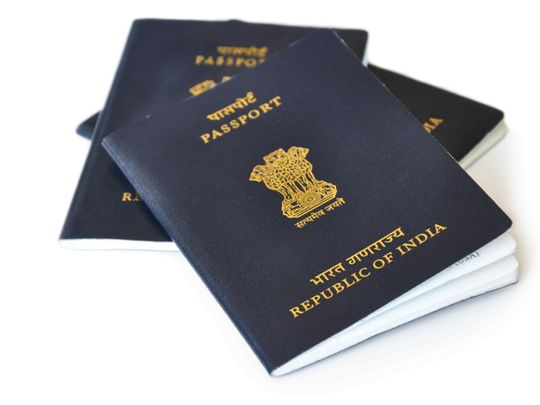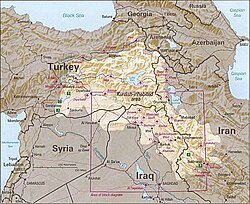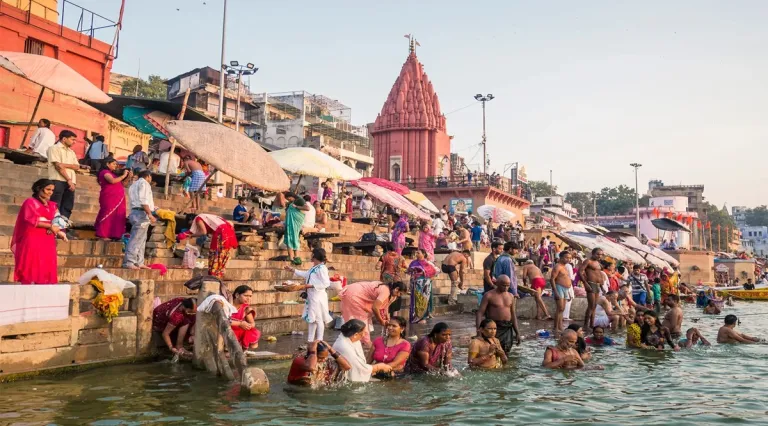The article outlines outlines important considerations for Non-Resident Indians (NRIs) investing in property in India. Here’s a breakdown of the key points:
Home Loan Repayment: NRIs can repay the home loan taken from an Indian bank through their NRE, NRO, or FCNR accounts. Upon returning to India, they can continue repaying through EMIs from these accounts. Alternatively, a resident Indian can transfer funds to the NRI’s accounts for loan repayment.
Power of Attorney (POA): Since NRIs might not be present in India to oversee their property, appointing a trustworthy POA is crucial. This person or a professional property management firm can handle property matters, preventing illegal encroachments or disputes.
Registration of the Property: NRIs must register their property as per India’s property purchase procedure. Proper registration ensures legal ownership even during their absence. Original property documents, property card, proof of stamp duty payment, etc., must be submitted at the local sub-registrar’s office. The POA can also handle this process.
Taxes and Exemptions: NRIs need to file income tax returns for property ownership in India, using their PAN card. Taxation rules that apply to Indian citizens also apply to NRIs. Tax benefits under Section 80C of the Income Tax Act can be claimed. Property bought for self-use is exempt from taxation, but if rented out, it’s a taxable asset. If an NRI owns more than two properties, only one can be declared for self-use to enjoy tax benefits.
Key Pointers: The article summarizes the key steps for NRIs purchasing property in India, which include repaying home loans, appointing a power of attorney, registering the property, and understanding the tax implications.
Remember, while this article provides a useful overview, specific situations can vary. It’s always recommended to consult with legal and financial professionals who are well-versed in NRI property ownership laws and regulations in India.
*****************************************************
Readers
These are extraordinary times. All of us have to rely on high-impact, trustworthy journalism. And this is especially true of the Indian Diaspora. Members of the Indian community overseas cannot be fed with inaccurate news.
Pravasi Samwad is a venture that has no shareholders. It is the result of an impassioned initiative of a handful of Indian journalists spread around the world. We have taken the small step forward with the pledge to provide news with accuracy, free from political and commercial influence. Our aim is to keep you, our readers, informed about developments at ‘home’ and across the world that affect you.
Please help us to keep our journalism independent and free.
In these difficult times, to run a news website requires finances. While every contribution, big or small, will makes a difference, we request our readers to put us in touch with advertisers worldwide. It will be a great help.
For more information: pravasisamwad00@gmail.com











